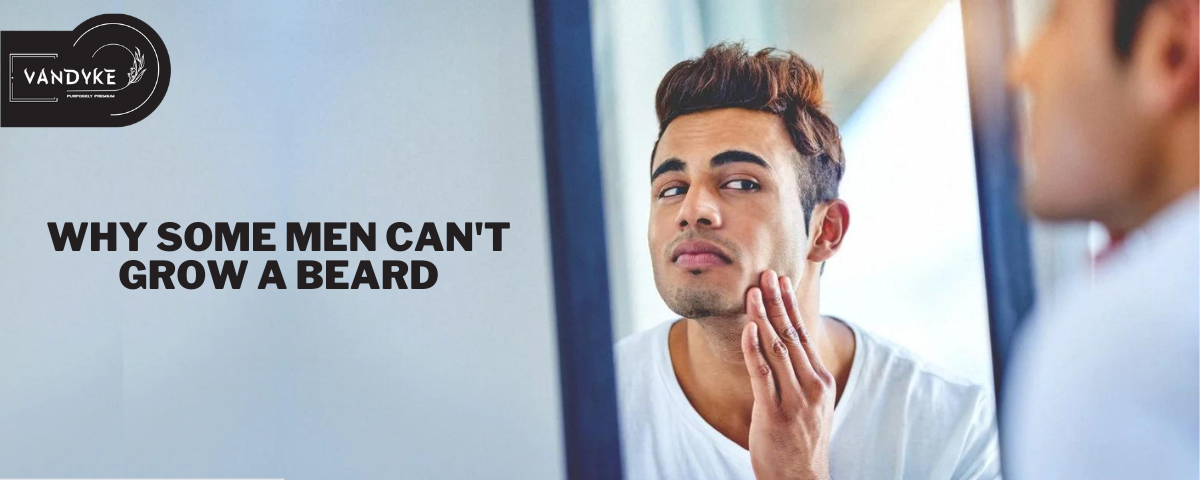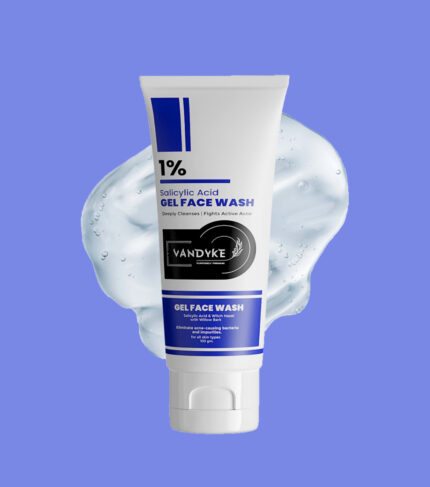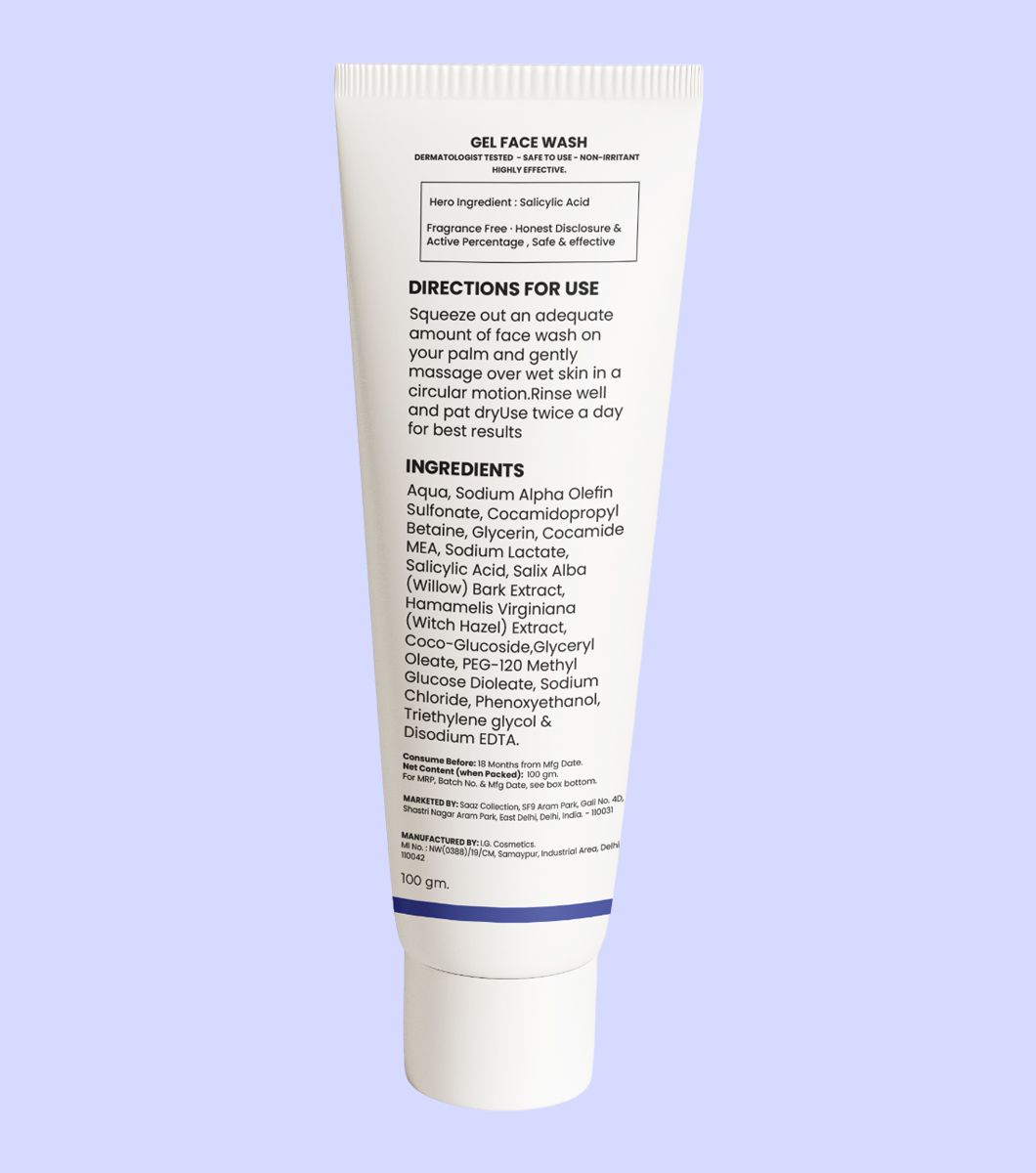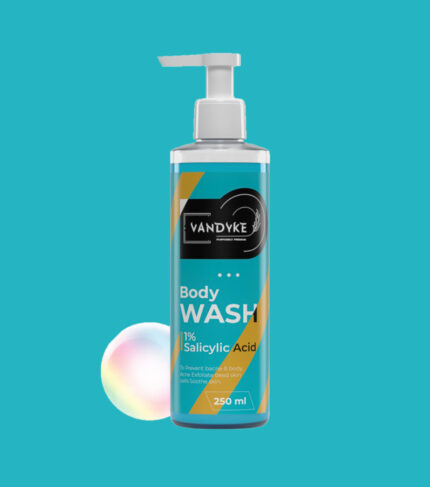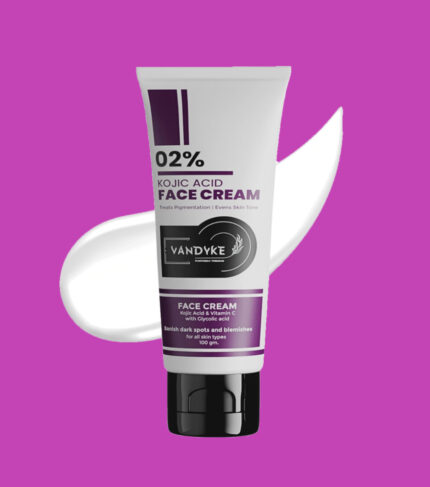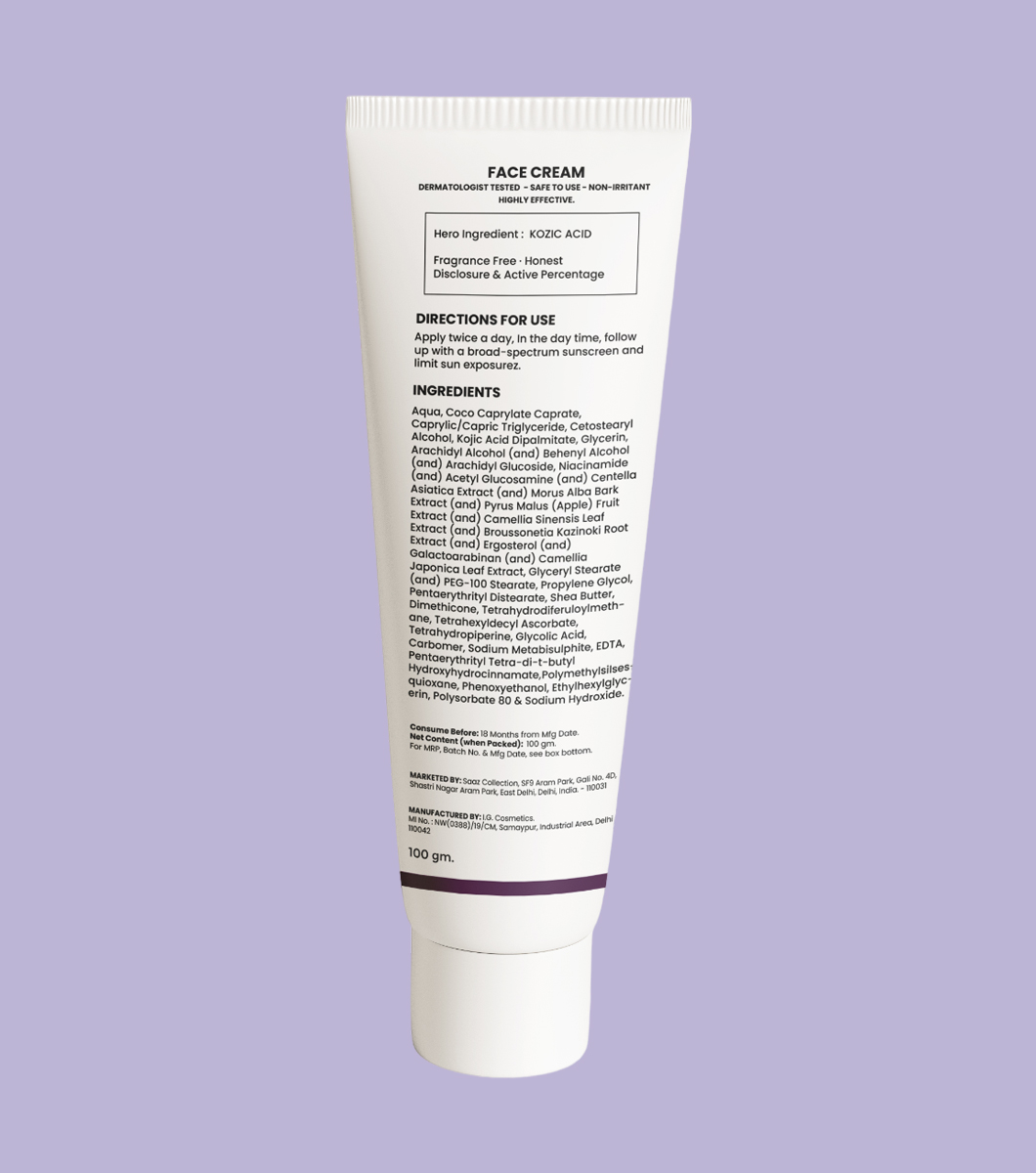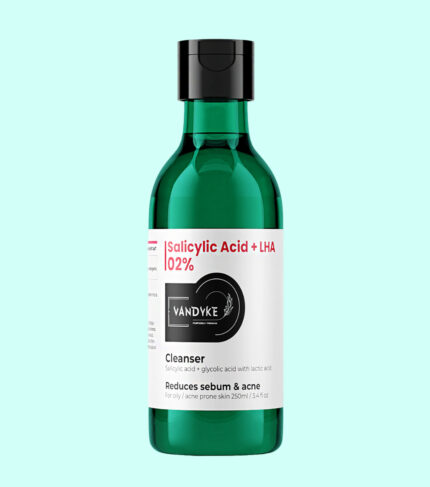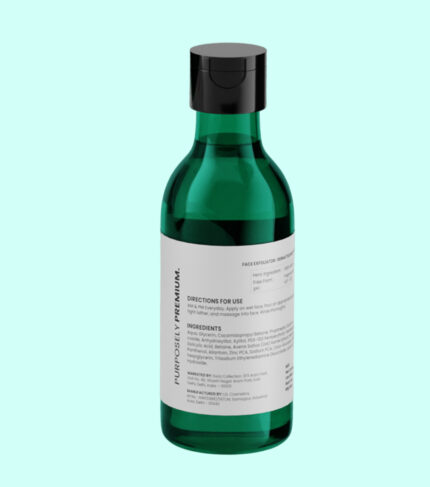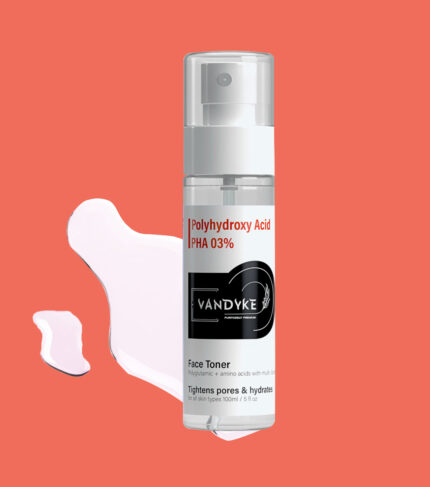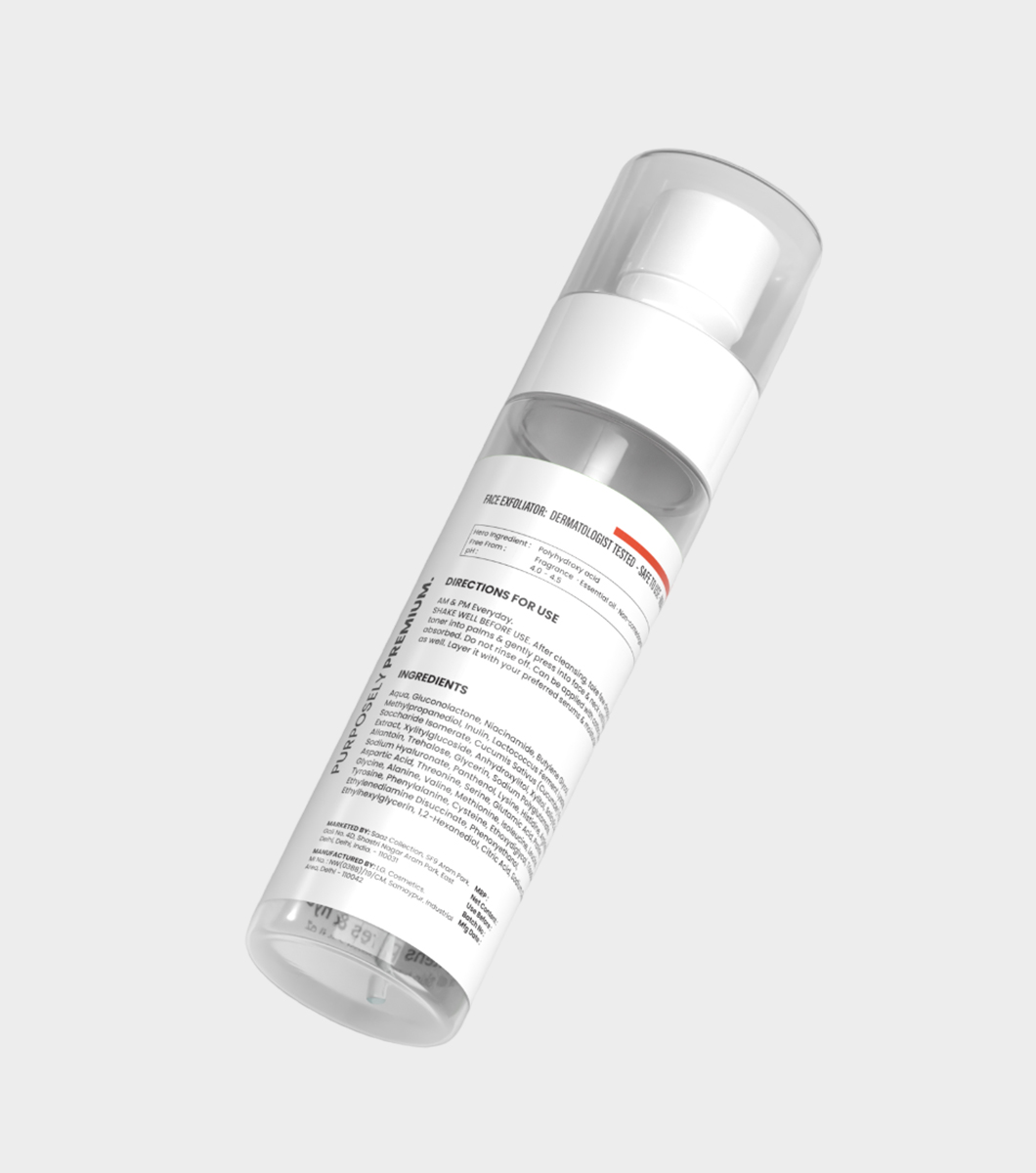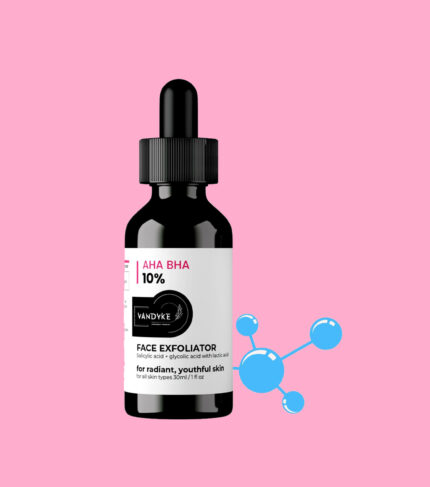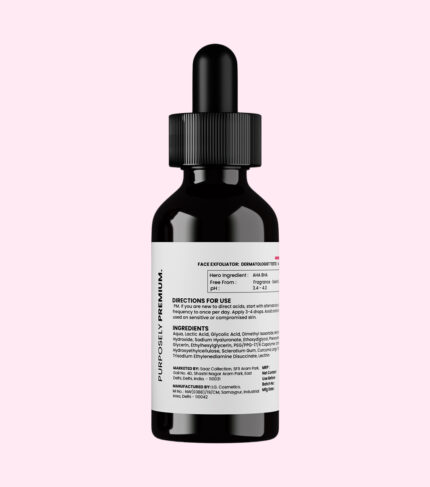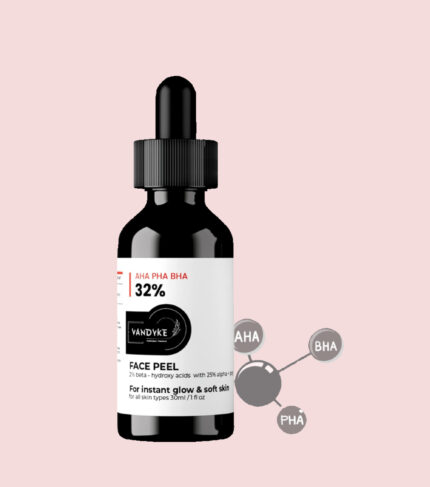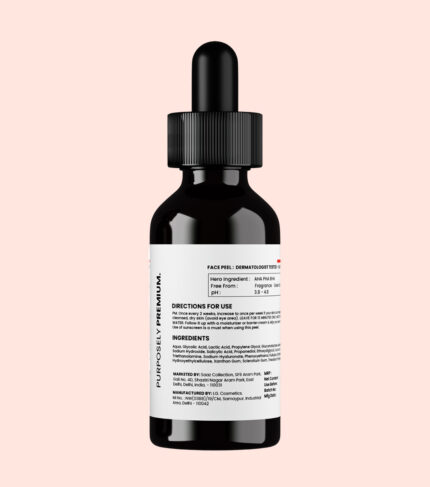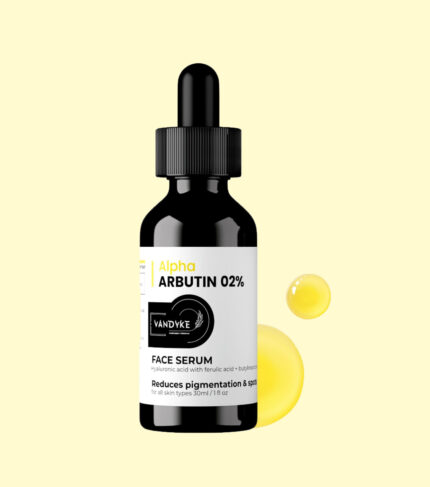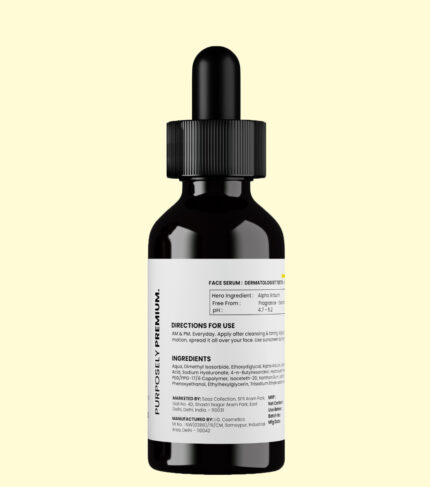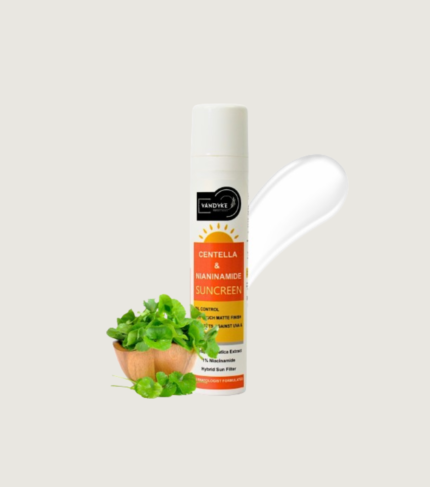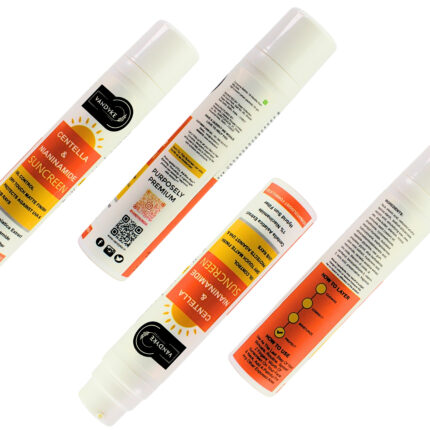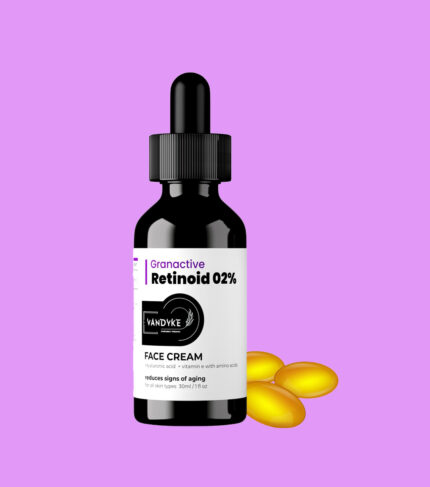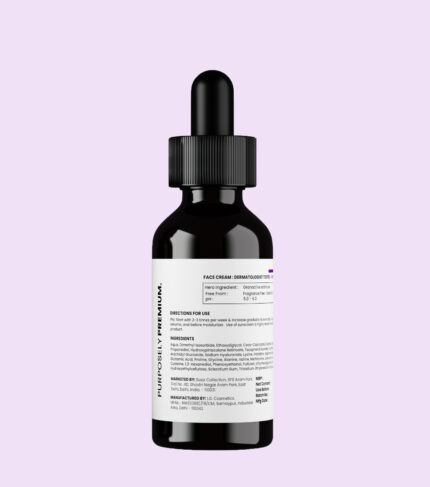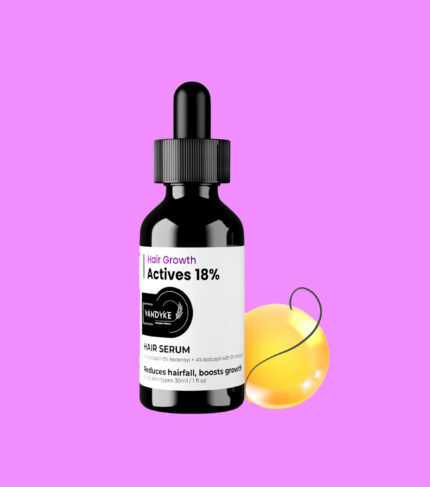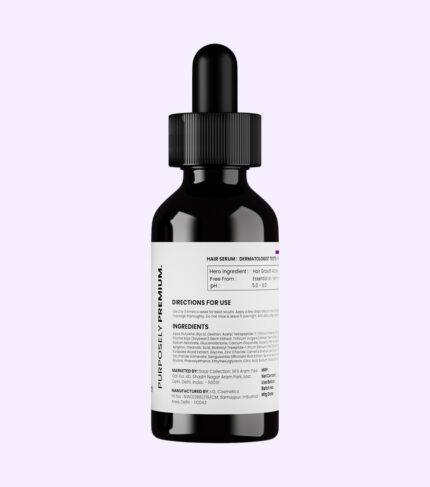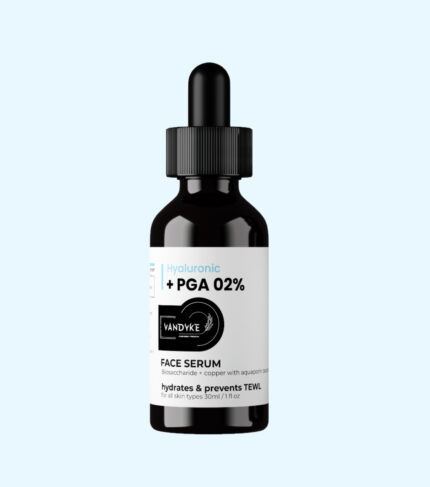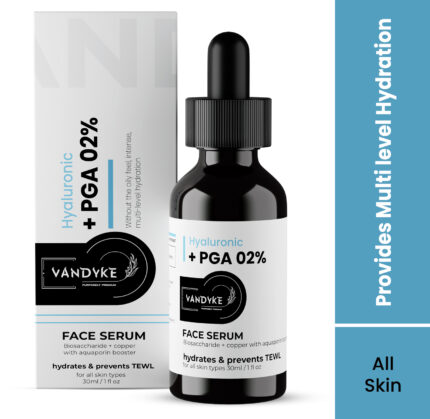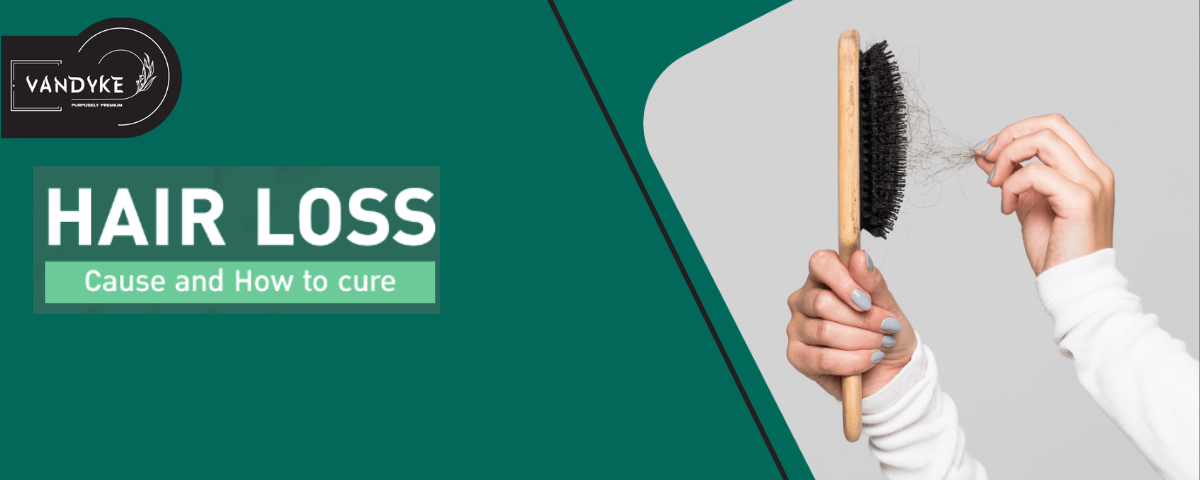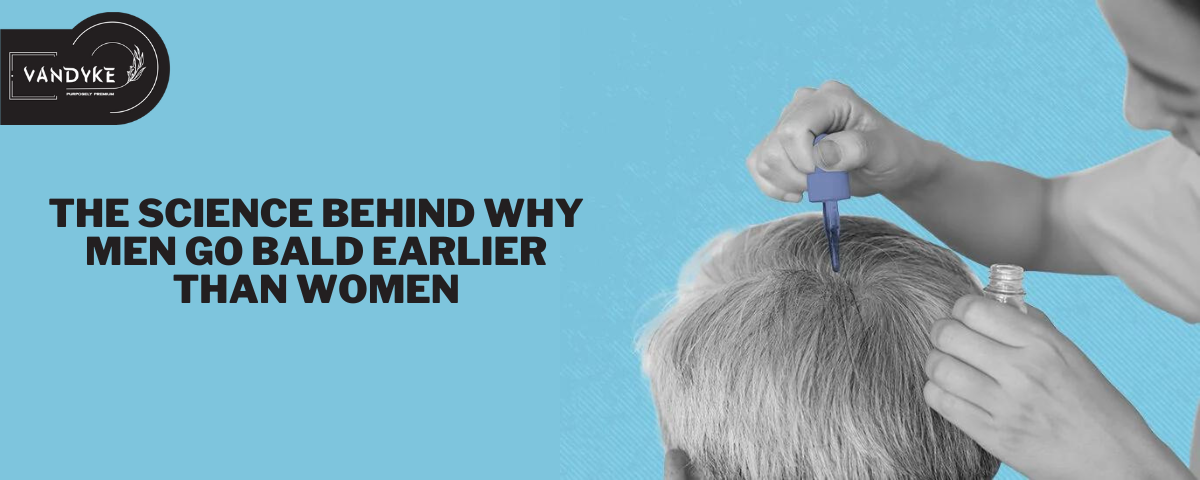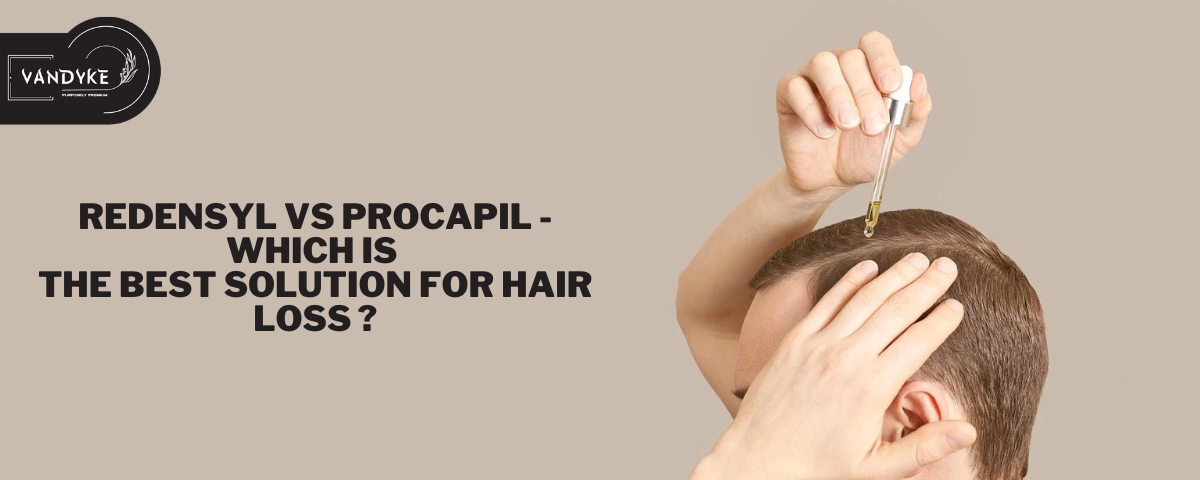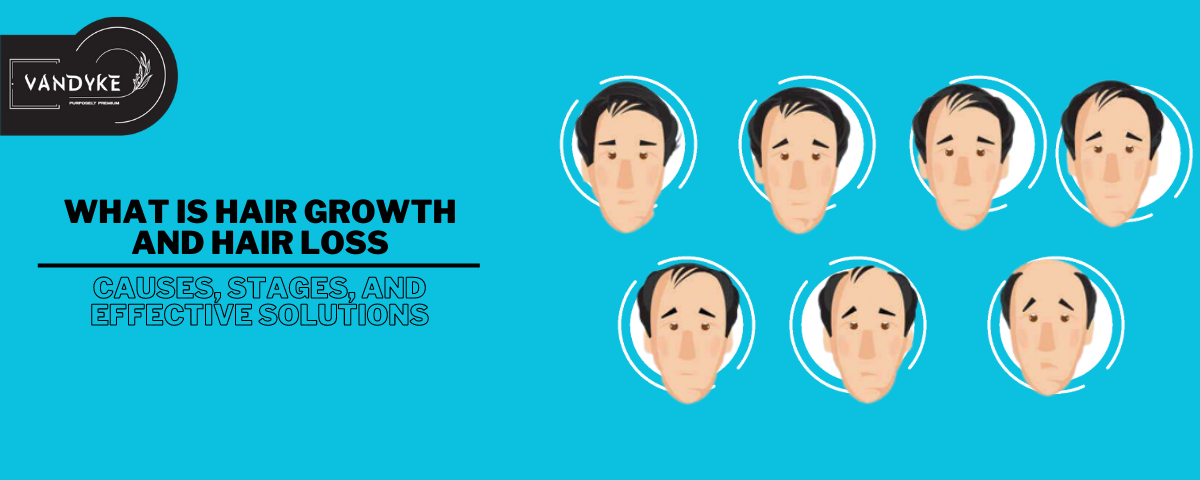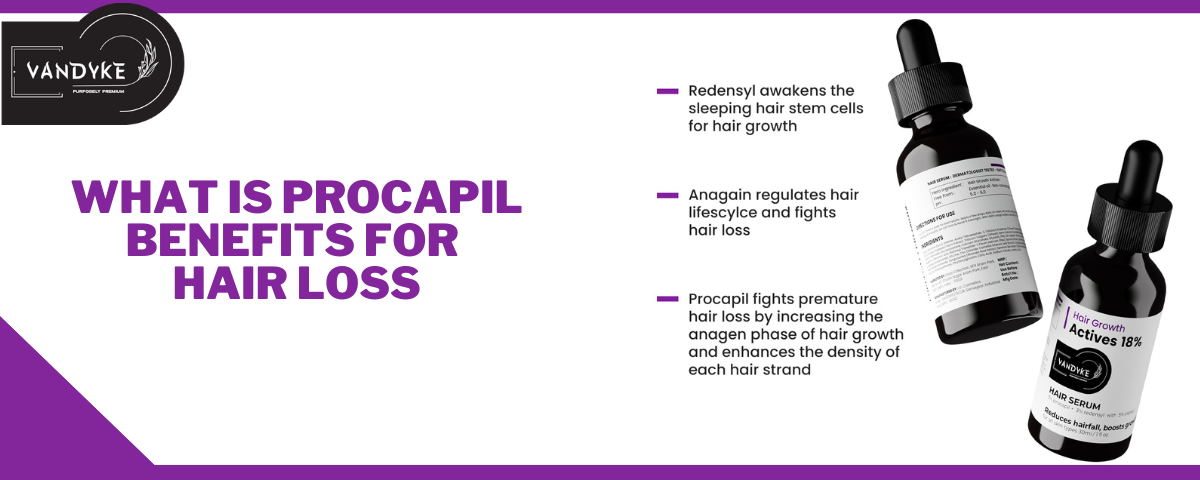Why Some Men Can’t Grow a Beard | The Science of Beard Growth
Why Some Men Can’t Grow a Beard: When it comes to growing a beard, every man’s journey is unique. Some effortlessly sport a full, luscious beard, while others struggle to achieve the desired facial hair. The ability to grow a beard is influenced by a complex interplay of factors, including genetics, age, hormones, health conditions, lifestyle choices, and even medications. In this article, we delve into the fascinating world of facial hair growth, uncovering the reasons behind why some men can’t grow a beard.
Genetics
Your genetic makeup plays a fundamental role in determining many aspects of your physical appearance, and this includes your potential to grow a beard. If your father and grandfather didn’t have robust facial hair, it’s probable that you’ve inherited similar genetic traits. Genetics govern the number and size of hair follicles on your face, which is a critical factor in your ability to grow a beard. These genetic factors are a key influence on whether you can achieve a full and thick beard or if your beard may be more limited in scope.
But don’t worry you can achieve your genetics full potential. With some of the practices and products for hair Growth just like vandyke Hair Growth actives 18%.
Age Matters
For many men, the journey to growing a full beard typically begins in their late teens or early twenties. However, it’s essential to exercise patience, as some men may not achieve a complete beard until they reach their thirties or even later. The hormone responsible for kickstarting beard growth is testosterone, which peaks during the late teens and early twenties, prompting the initiation of facial hair growth. The pace and extent of this growth can vary significantly due to individual genetics, meaning some men may experience early beard growth, while others will need more time for their beard to fully develop. Patience is indeed key on this unique and highly individualized journey to embracing one’s facial hair.
Hormones
Testosterone, commonly known as the quintessential male hormone, plays a pivotal role in fueling the growth of facial hair. Men with lower levels of testosterone may encounter challenges in cultivating a beard of desired thickness and coverage. Several factors, such as the natural aging process, specific medical conditions, and the usage of certain medications, can contribute to decreased testosterone levels, which, in turn, can have a noticeable impact on the growth of facial hair. Understanding the influence of testosterone is crucial for those aiming to optimize their beard-growing potential and address potential barriers to facial hair development.
Health Conditions
Achieving a full beard can be a complex endeavor, and certain health conditions can act as significant hurdles. One such condition is alopecia areata, an autoimmune disorder that can result in hair loss, affecting not only the scalp but also facial hair growth, including the beard.
Additionally, low thyroid levels, a condition known as hypothyroidism, can pose challenges in the pursuit of a robust beard. Therefore, it’s advisable to remain vigilant about your thyroid health, as addressing any thyroid-related issues can potentially support and enhance your beard-growing efforts. Understanding how health conditions can influence beard growth is essential for those seeking to overcome these obstacles and achieve their desired facial hair goals.
Lifestyle Factors
Your lifestyle choices have a significant impact on your beard growth journey. Smoking damages hair follicles, hindering hair growth, while stress-induced hair loss can also affect the beard. Maintaining a balanced diet and steering clear of excessive stress can contribute to optimal beard growth.
Medications
It’s important to be aware that certain medications, such as steroids, have the potential to disrupt the natural process of beard growth. If you find that your facial hair growth is less than satisfactory while taking medication, it’s a signal to have a conversation with your healthcare provider. They can offer valuable insights into how the medication may be affecting your beard growth and explore potential adjustments or alternatives to help you achieve your desired facial hair goals. Maintaining open communication with your healthcare provider is a proactive step for those seeking to understand and address any medication-related challenges in the journey toward a fuller beard.
Use Beard Hair Growth Serums Like – Vandyke Hair Growth Actives 18%
If you are not able to grow beard then you can consider using beard hair growth serums to help promote beard growth. One such serum is Vandyke Hair Growth Actives 18%. This serum contains a blend of ingredients that have been shown to be effective in promoting hair growth, including:
Redensyl
This ingredient helps to stimulate the growth of new hair follicles.
Capixyl
This ingredient helps to strengthen existing hair follicles and prevent hair loss.
Procapil
This ingredient helps to improve the health of the hair follicle and promote hair growth.
Anagain
This ingredient helps to reduce inflammation and improve blood circulation to the hair follicles, which can help to promote hair growth.
Baicapil
This ingredient helps to protect the hair follicle from damage and promote hair growth.
How can you use vandyke hair growth active 10% for beard growth ?
Vandyke Hair Growth Actives 18% is applied to the beard area twice daily. It is important to use the serum consistently for at least 8 weeks to see results.
some of the benefits of using Vandyke Hair Growth Actives 18%:
- It can aid in the development of new hair follicles.
- It can help to strengthen existing hair follicles and prevent hair loss.
- It can help to improve the health of the hair follicle and promote hair growth.
- It can help to reduce inflammation and improve blood circulation to the hair follicles.
- For the most part, it is both safe and effective.
If you are looking for a way to help promote beard growth, Vandyke Hair Growth Actives 18% is a good option to consider.
Tips for Success
With the vandyke hair growth actives 18% Implements these tips there are proactive steps you can take to enhance your beard-growing prospects:
Patience
Growing a beard takes time, so don’t be disheartened if you don’t see results right away.
Be Consistent
The longer you let your beard grow, the denser it becomes over time.
Embrace Beard Oil: Moisturized beards are healthy beards. Regularly using beard oil prevents dryness and brittleness.
Trim Regularly
Keep your beard in check by trimming it regularly to maintain neatness and prevent split ends.
Sleep Soundly
Prioritize sleep for overall health and hair growth, as it triggers essential hormones for beard development.
Nutrient-Rich Diet
Protein and vitamins, such as biotin and vitamin C, contribute to optimal hair growth.
Stay Active
Exercise boosts testosterone levels, which can positively impact beard growth.
Manage Stress
Finding healthy outlets to manage stress can prevent hair loss, including beard loss.
Ditch Unhealthy Habits
Smoking and excessive alcohol consumption can impede hair follicle health and hinder beard growth.
Conclusion
The journey to growing a beard is a blend of nature and nurture. Genetics, age, hormones, health conditions, lifestyle choices, and medications converge to determine your beard-growing potential. Patience, consistency, and a holistic approach to health can pave the way for a fuller, more impressive beard. Remember, while some factors are beyond your control, your commitment to overall well-being can significantly impact your beard growth journey we hope you like article on the science behind Why Some Men Can’t Grow a Beard.
Choose vandyke hair Growth Actives 18% for hair loss as well as beard growth because we want you shine;
“ purposely premium”

